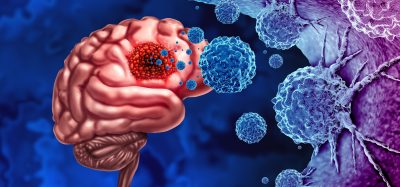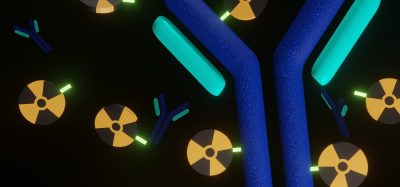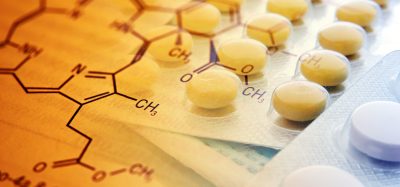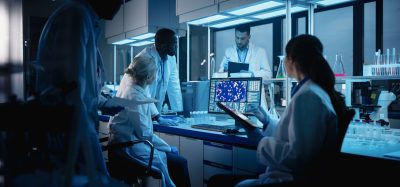Inhibition of 15-PGDH has a positive effect on tissue regeneration
Posted: 17 June 2015 | Victoria White
A new study suggests 15-PGDH shows promise as a drug target to help tissue regeneration, particularly after bone marrow transplantation and tissue injuries…
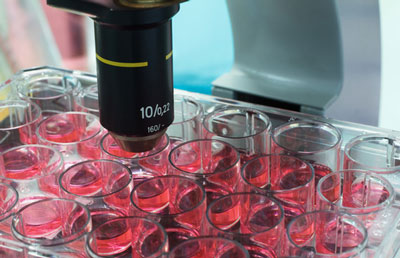

A new study co-led by Hsin-Hsiung Tai, professor of pharmaceutical sciences at the University of Kentucky, suggests that a key prostaglandin (PG) metabolic enzyme shows promise as a drug target to help tissue regeneration and repair, particularly after bone marrow transplantation and tissue injuries.
The study looked at the role of 15-PGDH, an enzyme that quickly degrades a bioactive lipid called PGE2, in tissue regeneration in mouse models. Recent studies have shown that PGE2 may have a positive effect on tissue regeneration. However, 15-PGDH negatively regulates tissue regeneration and repair as it negates the lipid’s ability to stimulate tissue regeneration.
The investigators discovered a tight binding inhibitor known as SW033291 which showed promise to inhibit 15-PGDH, allowing PGE2 levels to increase in the bone marrow, colon, lung and liver of the normal mice as much as that found in those of the 15-PGDH knockout mice.
Biomarkers aren’t just supporting drug discovery – they’re driving it
FREE market report
From smarter trials to faster insights, this report unpacks the science, strategy and real-world impact behind the next generation of precision therapies.
What you’ll unlock:
- How biomarkers are guiding dose selection and early efficacy decisions in complex trials
- Why multi-omics, liquid biopsy and digital tools are redefining the discovery process
- What makes lab data regulatory-ready and why alignment matters from day one
Explore how biomarkers are shaping early drug development
Access the full report – it’s free!
Mice treated with SW033291 showed a six-day faster reconstitution of haematopoiesis
Mice treated with SW033291 showed a six-day faster reconstitution of haematopoiesis after bone marrow transplantation, with accelerated recovery of their blood cells counts than the control group. The treated mice also showed a marked resistance to experimentally induced colitis, in addition to enhanced liver regeneration following partial hepatectomy.
“This is the first report describing the discovery of a potent and specific inhibitor of 15-PGDH, which had a significant positive affect on haematopoiesis and tissue regeneration,” Tai said. “This enzyme may prove to be a promising target for relevant drug development and these drugs could have applications for patients undergoing bone marrow transplantation, surgical resection of certain liver or colon cancers, and the treatment of ulcerative colitis.”
The study is published in the journal Science.
Related topics
Molecular Targets
Related organisations
Kentucky University



